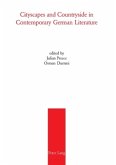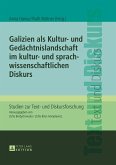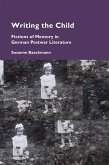What became of ethnic Germans in Eastern Europe during the Second World War? In recent years, their suffering, flight and expulsion during and after the war has attracted increasing critical attention. A wave of literary fiction has accompanied this trend, contributing to, and sometimes triggering, heated debate in the media and German-speaking society more widely. Often said to have broken a 'taboo', these postunification novels are in fact only the latest in a long history of literary representations of flight and expulsion in German writing.
This book offers the first comprehensive account in English of 'expulsion literature' in West Germany from the early 1950s to present-day Germany, providing detailed readings of both canonical and lesser known texts and carefully placing the novels in their broader literary and historical context. The book demonstrates that these literary representations have often been viewed too narrowly and offers an alternative and, arguably, more positive perspective on the representation of flight and expulsion over six decades in German literature.
This book offers the first comprehensive account in English of 'expulsion literature' in West Germany from the early 1950s to present-day Germany, providing detailed readings of both canonical and lesser known texts and carefully placing the novels in their broader literary and historical context. The book demonstrates that these literary representations have often been viewed too narrowly and offers an alternative and, arguably, more positive perspective on the representation of flight and expulsion over six decades in German literature.
«In sum, Heimat, Loss and Identity provides an assessment of literature on flight and expulsion (and on the long-term effects of these events) that is both comprehensive and nuanced. Its only drawback-the scant attention to the situation in East Germany-is more than remedied by Niven's book.»
(Friederike Eigler, Monatshefte 3/2016)
(Friederike Eigler, Monatshefte 3/2016)








